Climate Now
Viewing 24 of 140 Podcast Episodes
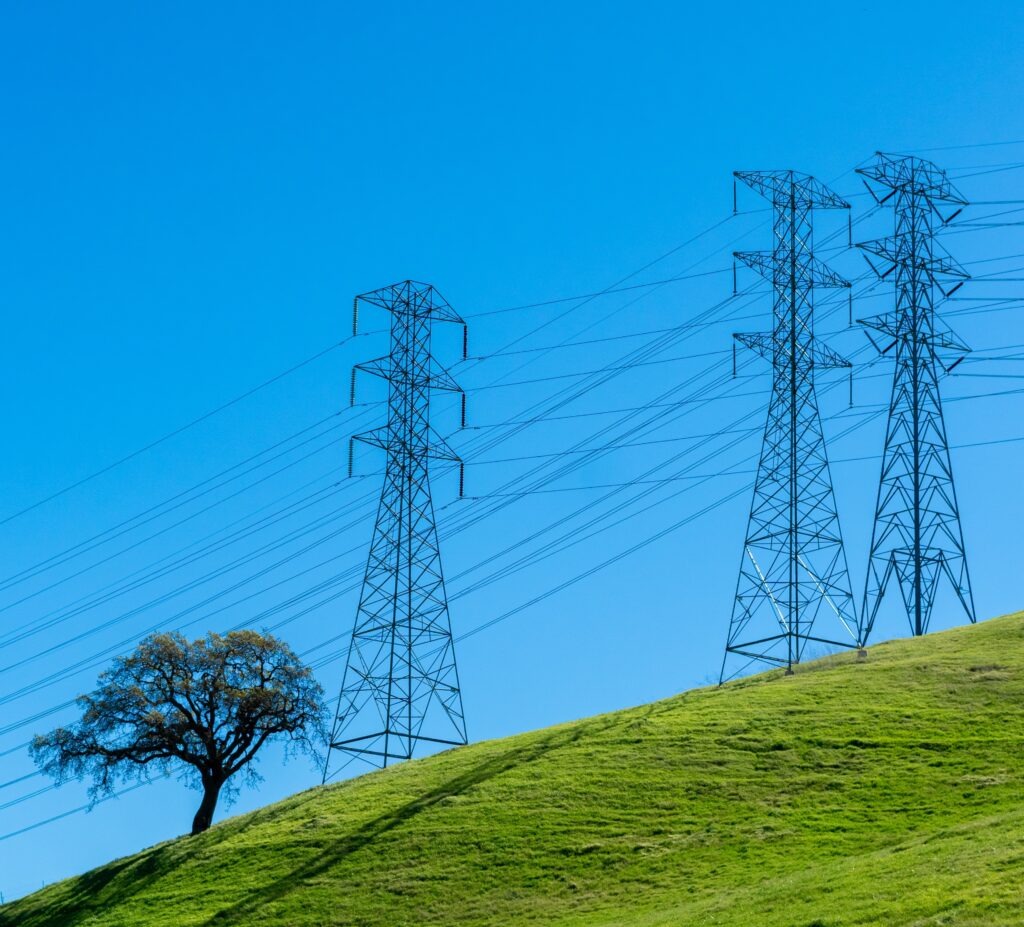

Climate Now: Oct 10, 2023
Energy Superhighways: Bridging the Gap for Clean Energy
The US’s energy system is at a crossroads. As more and more renewable energy projects come online and demand for electricity keeps rising, many utilities and developers are being asked to build more transmission infrastructure to bring all this power to
Climate Now: Sep 26, 2023
Two views on the future of the US electricity grid
The United States’ aging electricity grid is a problem. Over 70% of the major transmission networks – which transfer electricity from power generation centers to endpoint users in homes and buildings, sometimes in other states – are at least 25 years old
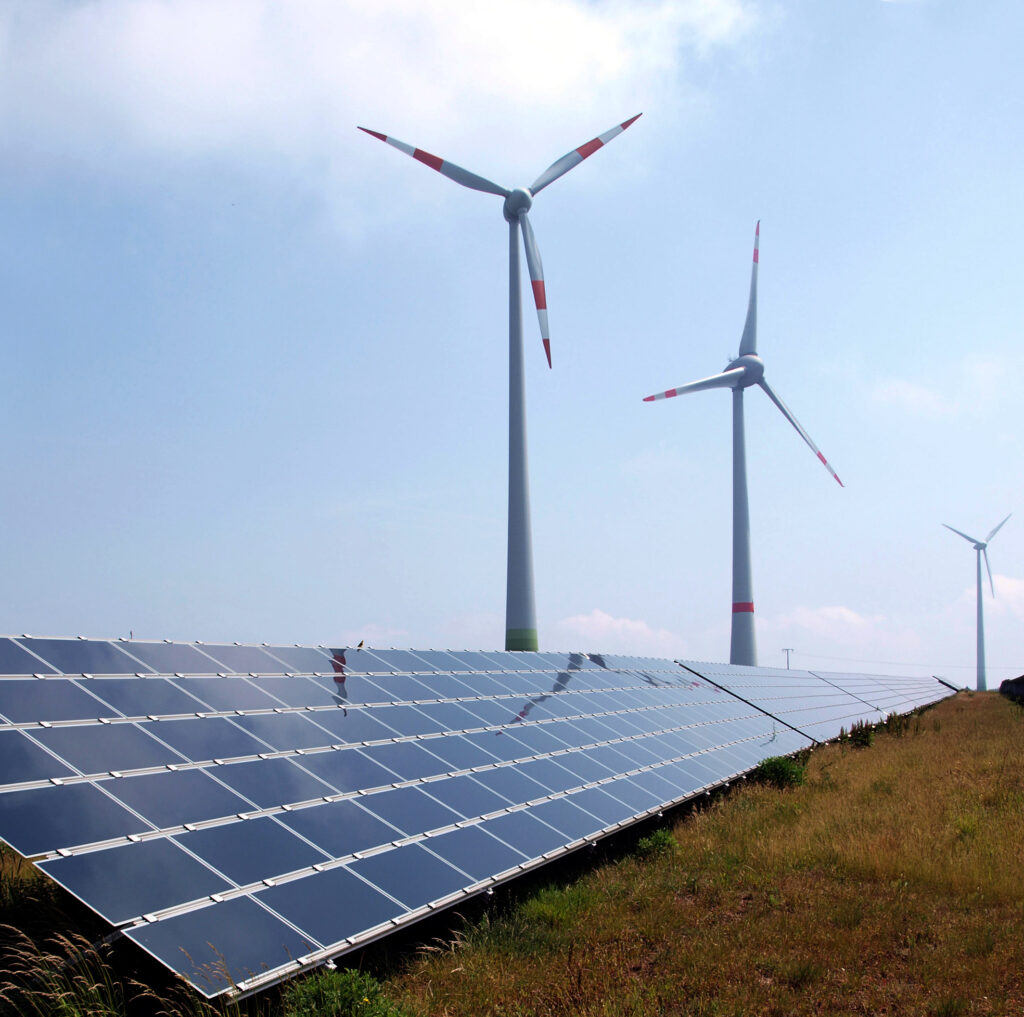

Climate Now: Sep 11, 2023
The IRA Progress Report
When the U.S. Inflation Reduction Act was signed into law in August 2022, policy analysts predicted that the incentives it provided for renewable energy deployment, home electrification and EV adoption would put the U.S. on track to reach at least two third
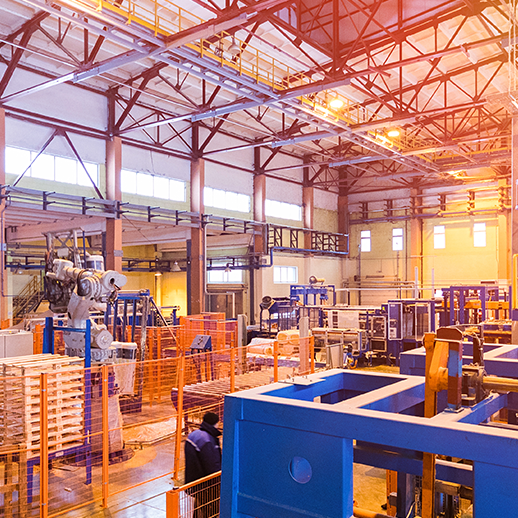

Climate Now: Aug 28, 2023
Made in America: The next generation of solar
You may recall an Auxin Solar tariff case in which a small domestic solar PV manufacturer, Auxin Solar, alleged that solar cells produced in Cambodia, Thailand, Malaysia, and Vietnam were circumventing U.S. trade duties against China. On August 18th, the U.S.
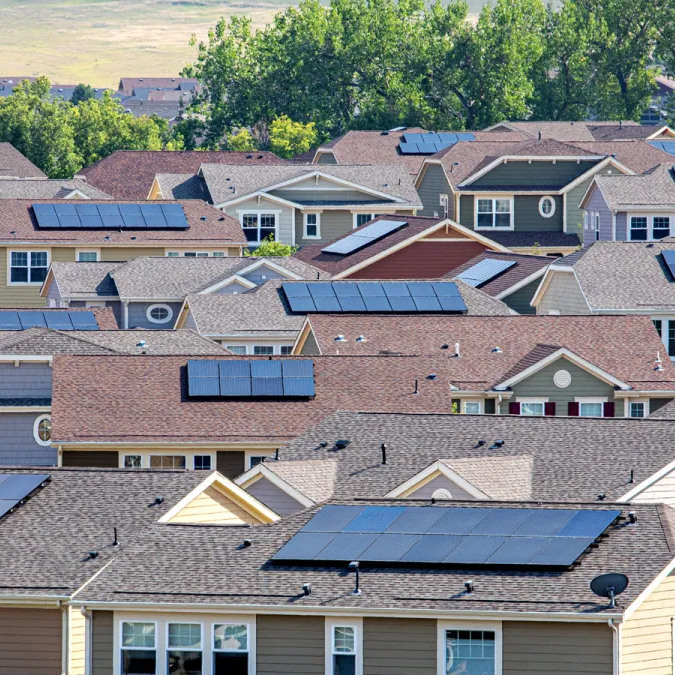

Climate Now: Aug 21, 2023
Building Solar Neighborhoods
There are over 8 billion square meters of rooftops in the US that are viable for solar energy generation, and could produce as much as 40% of national energy needs. And yet, only 8% of US households have installed rooftop solar panels. With so much availab
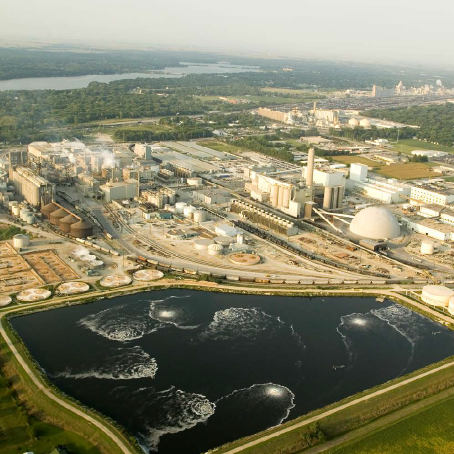

Climate Now: Aug 14, 2023
Climate Now Debates: Carbon Capture and Storage
One of the most controversial parts of the 2022 Inflation Reduction Act – the most ambitious climate spending bill in history – was the large pot of federal dollars that could now subsidize the nascent Carbon Capture and Storage (CCS) industry. The
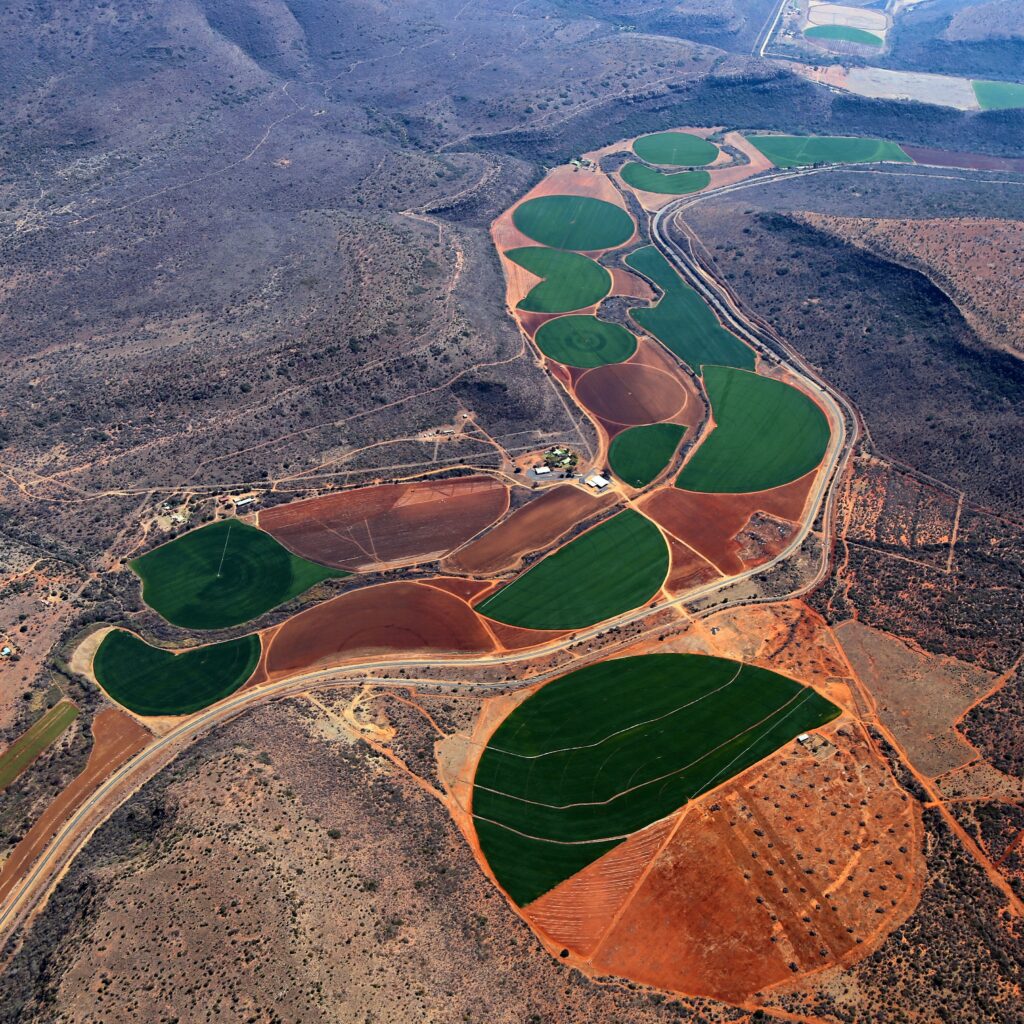

Climate Now: Aug 7, 2023
Revolutionizing ammonia production
The Nobel-prize winning discovery of how to create synthetic ammonia has been called the “most momentous technical advance in history,” and for good reason. Today about half of the food consumed worldwide comes from the increased harvest yields resulting f
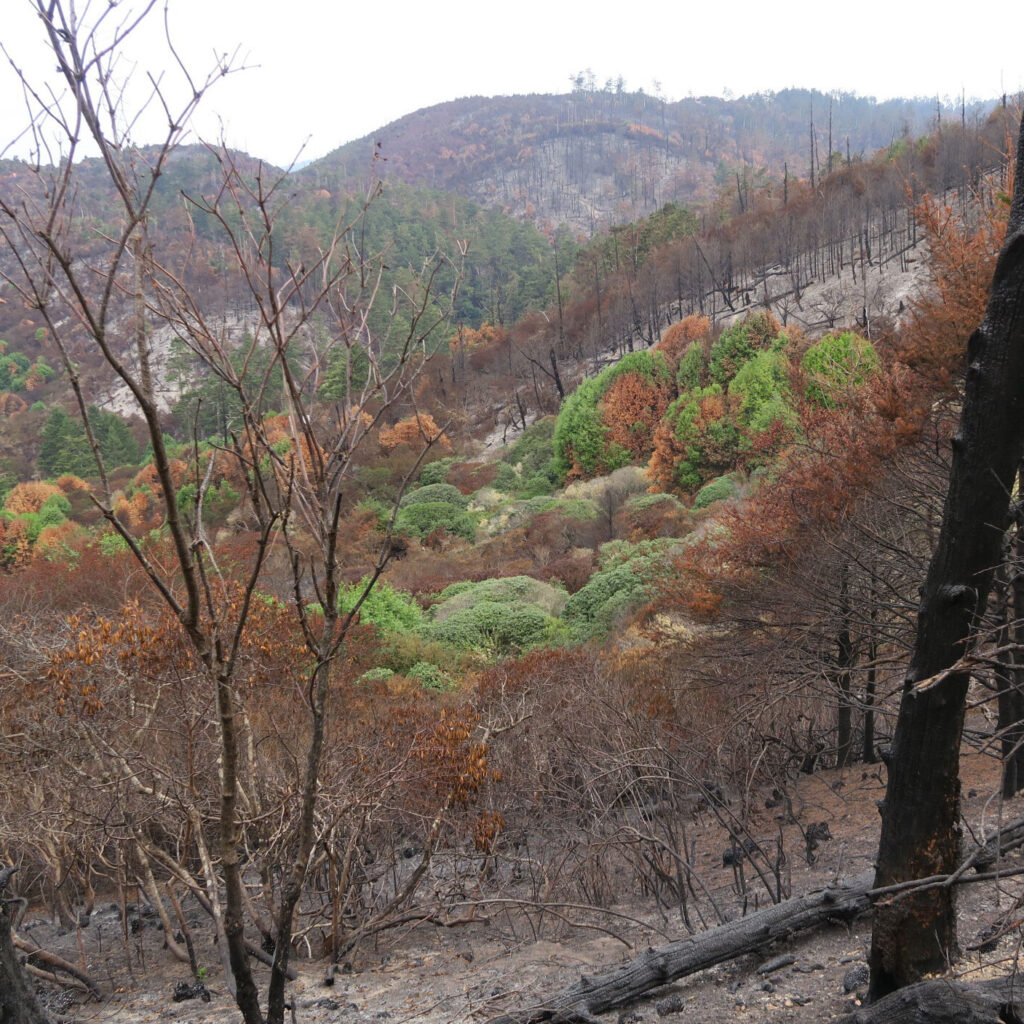

Climate Now: Jul 24, 2023
What happens after forests burn?
2020 was a record breaking season for forest fires in California. Over 4 million acres burned, releasing enough CO2 into the atmosphere to wipe out the prior 18 years of emissions reductions progress in the state. Effective forest restoration and management ca
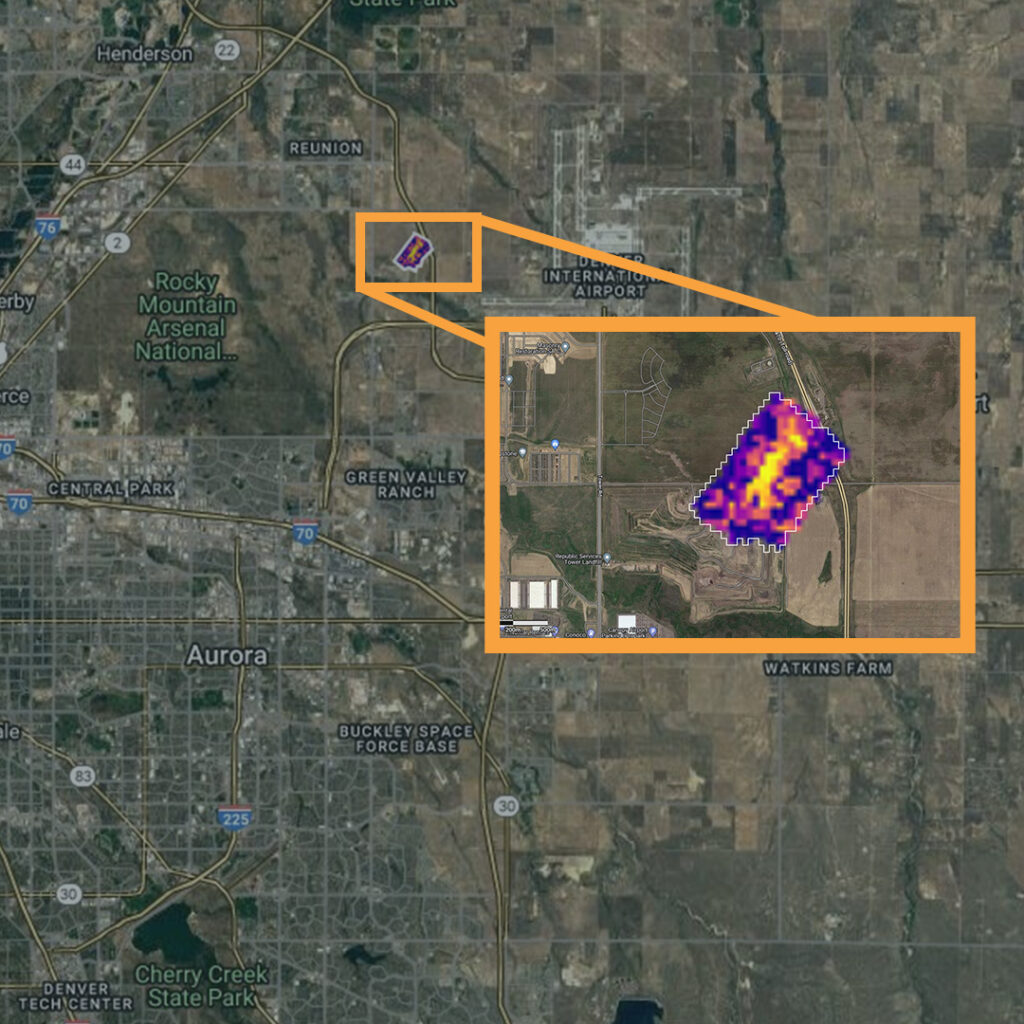

Climate Now: Jul 17, 2023
Tracking Methane Leaks for Planet and Profit
In September 2022, two pipelines carrying natural gas from Russia across the floor of the North Sea were sabotaged, rupturing and emitting an estimated 500,000 tons of the potent greenhouse gas methane (the primary component of natural gas) into the atmosphere
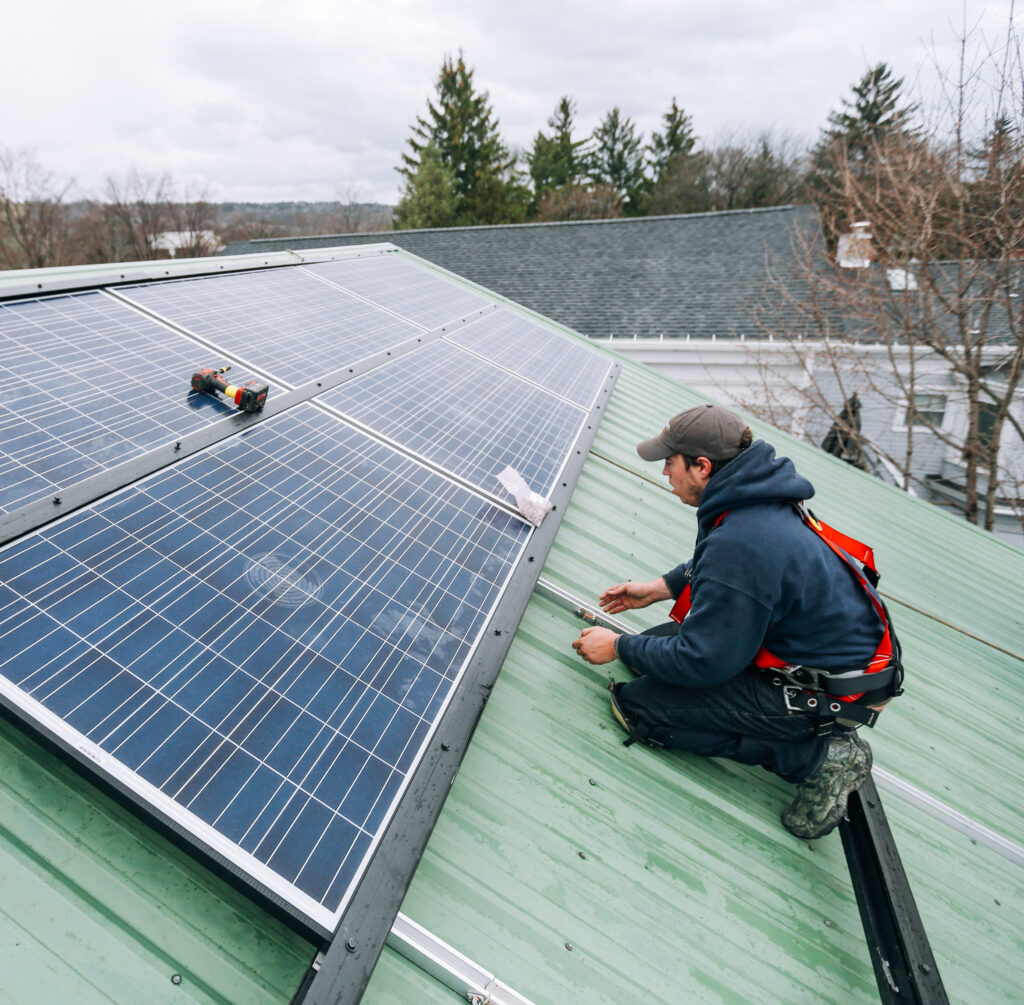

Climate Now: Jul 11, 2023
Getting on track with home decarbonization
The Biden Administration in the U.S. has set a goal of achieving a net-zero emissions economy by 2050, which among other things means that U.S. households, and the appliances and machines that run within them, will need to be powered almost entirely by carbon-


Climate Now: Jun 26, 2023
In the Navy! There is a climate action plan
In 2003, the U.S. Department of Defense released a report entitled, “An abrupt climate change scenario and its implications for United States national security,” which “imagined the unthinkable” – that gradual global warming could lead to relatively
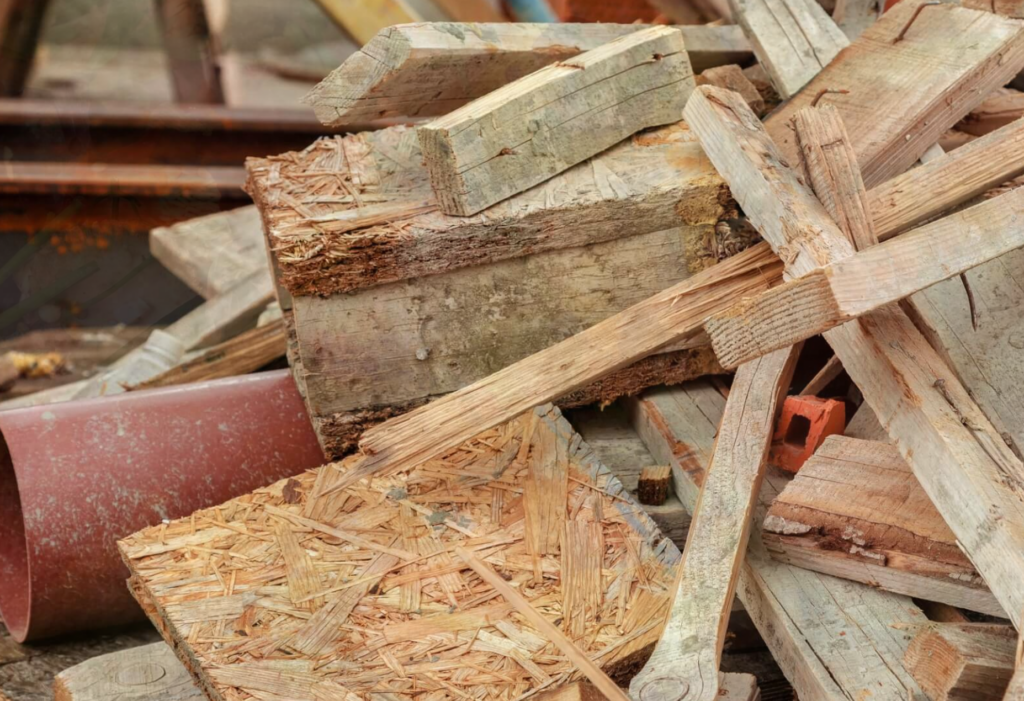

Climate Now: Jun 20, 2023
Less waste, more energy
Landfills emit about 2% of the world’s greenhouse gases, but in terms of lowering global emissions, they represent some of the lowest hanging fruit. When organic waste – like municipal food waste, agricultural waste, and forest residue – is disposed
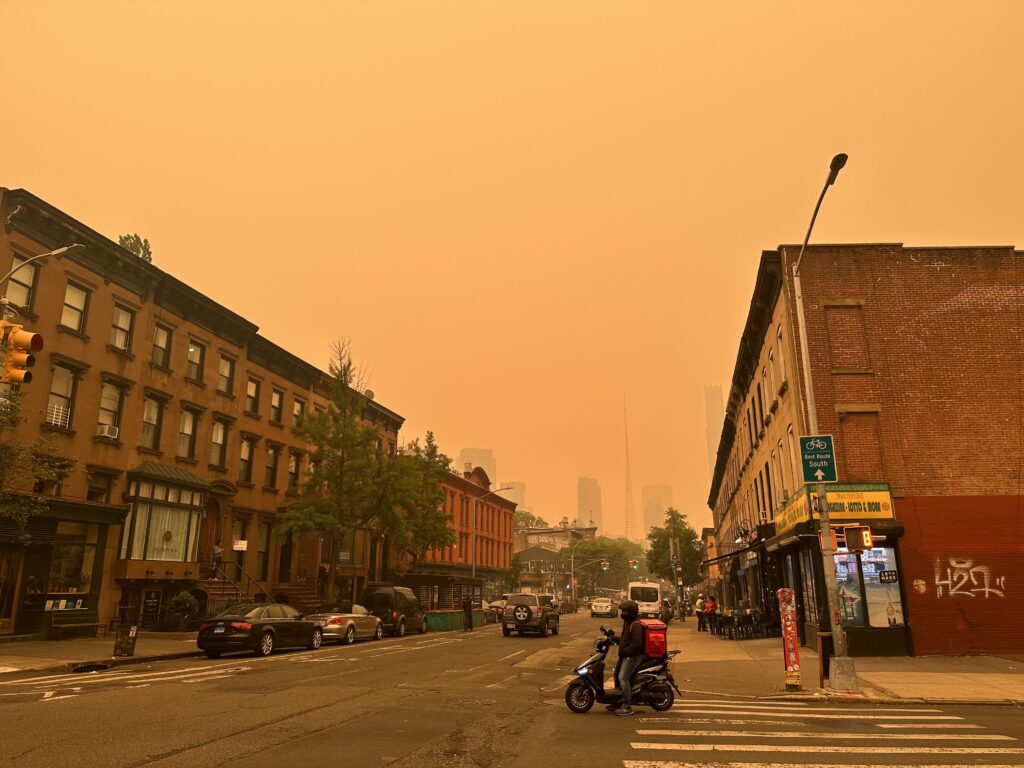

Climate Now: Jun 12, 2023
This Week in Climate News: Fires, national EV charging standards, and the global stocktake
This Week in Climate News: One of the greatest difficulties in addressing climate change has been how invisible the crisis was. You cannot see the 40 billion metric tons of CO2 being added to the atmosphere each year, or necessarily feel that average global


Climate Now: Jun 5, 2023
What could climate instability mean to you?
Since humans began settling down and building civilizations 10,000 years ago, the Earth’s climate has been relatively stable. But before that, the climate was more unstable – unpredictable – and humans were nomads, forced to follow the good c


Climate Now: May 29, 2023
Episode 100: How to talk about climate change
A 2022 study by Yale University found that two thirds of Americans (67%) rarely or never talk about climate change, and rarely or never hear people they know talking about it either. Despite the existential threat that it poses, one third of Americans (32%)
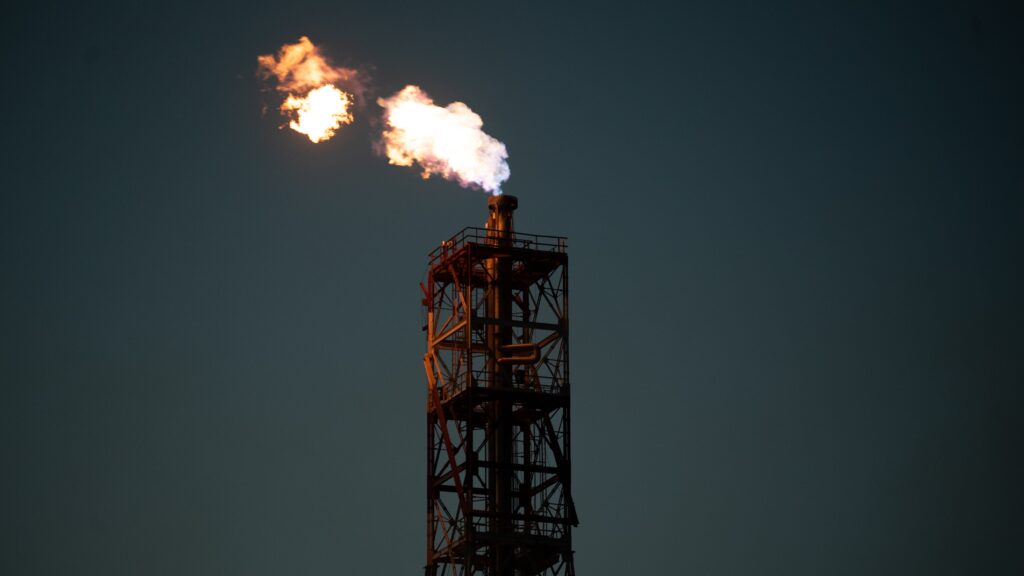

Climate Now: May 23, 2023
The evidence for peak fossil electricity
In 1909, headlines declared the U.S. would run out of petroleum by 1940. In 1945, the estimate was that the U.S. had 13 more years of petroleum reserves left. In 1966, we only had 10 more years before the “figurative dipstick in the United States’ oil sup
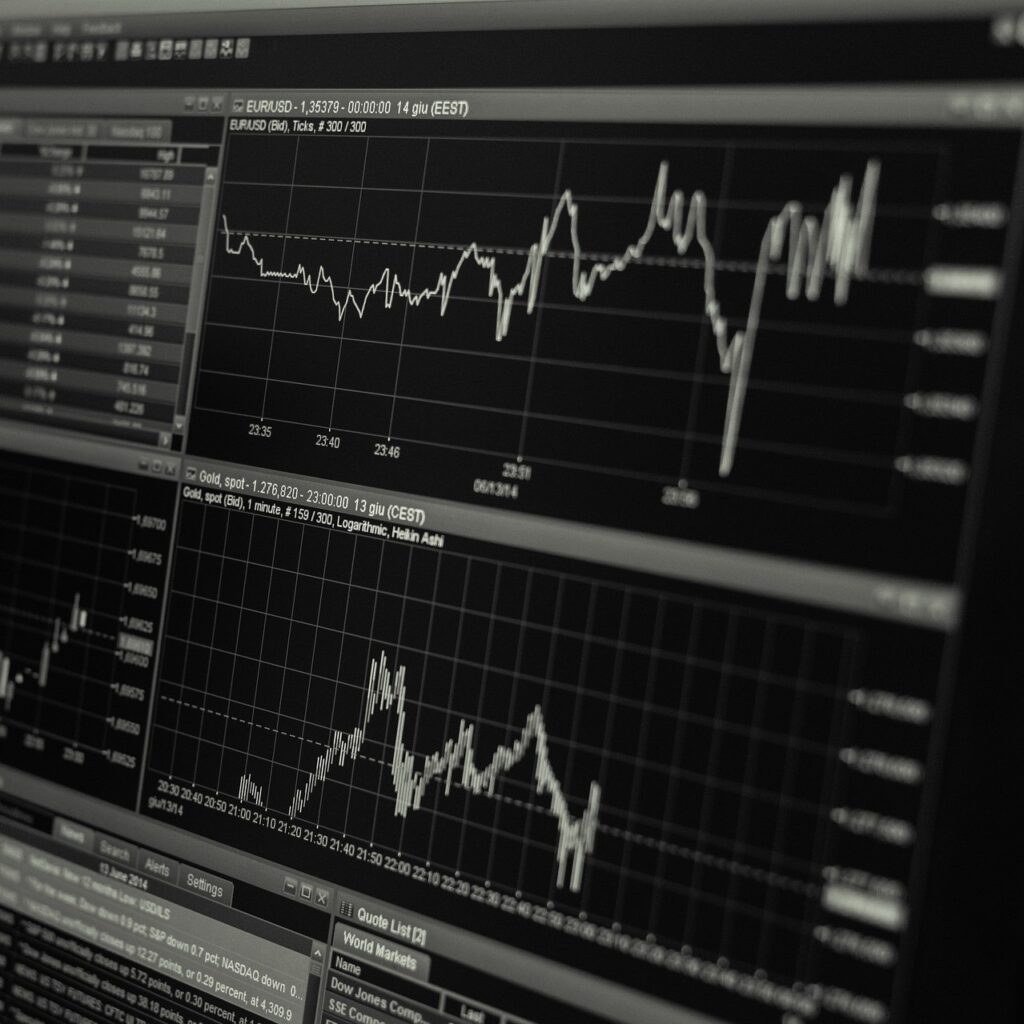

Climate Now: May 15, 2023
Fixing the problems with ESG investing
According to a 2022 poll from the Associated Press, although 93% of Americans acknowledge that human activity impacts climate, nearly half of Americans (47%) feel that their actions don’t have an impact on climate change. And yet, we know – it is the colle
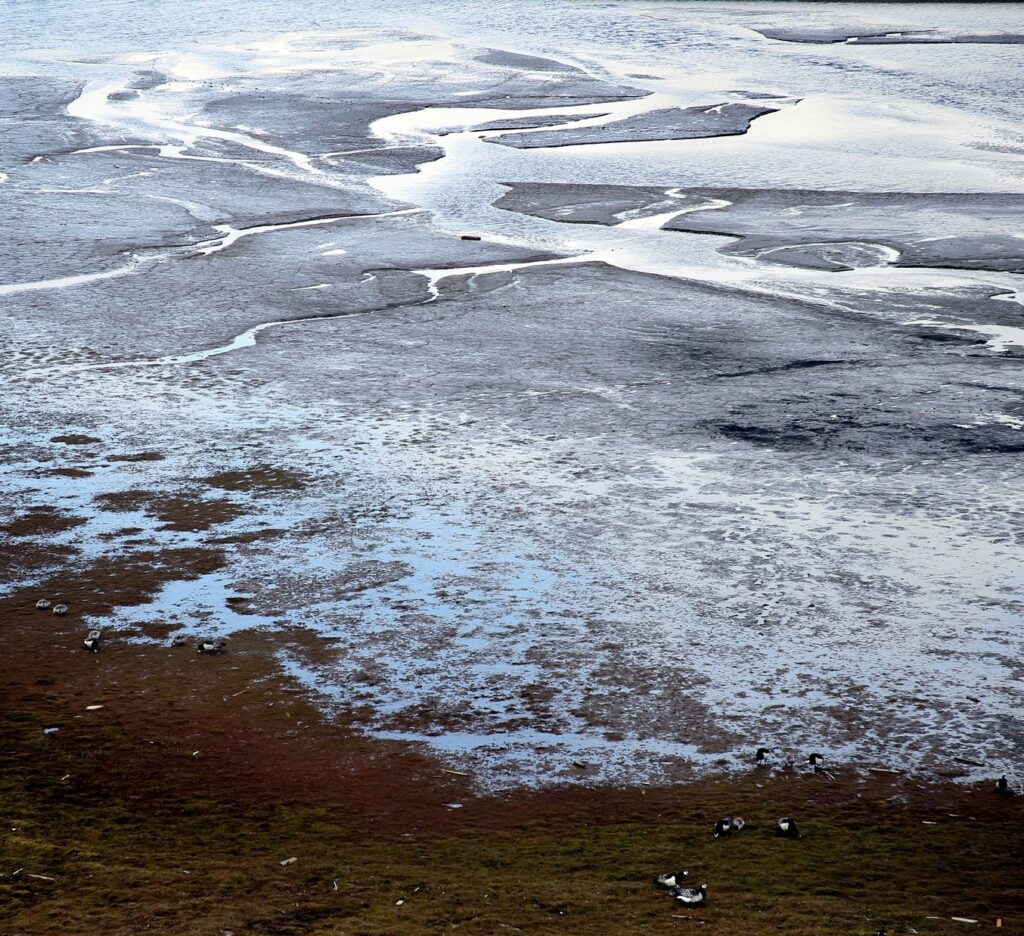

Climate Now: May 8, 2023
What will happen when the permafrost thaws?
Since the Industrial Revolution nearly 150 years ago, global average temperatures have increased by more than 1 degree C (1.9 degrees F), with the majority of that warming occurring since 1975. But during these recent decades of accelerated warming, temperatur


Climate Now: May 1, 2023
LEED certifying buildings and cities, and why it matters
The built environment represents one of society’s largest environmental impacts – contributing nearly one fifth of global GHG emissions, not to mention impacts on natural resources like air and water quality, local ecosystems, and quality of life fo
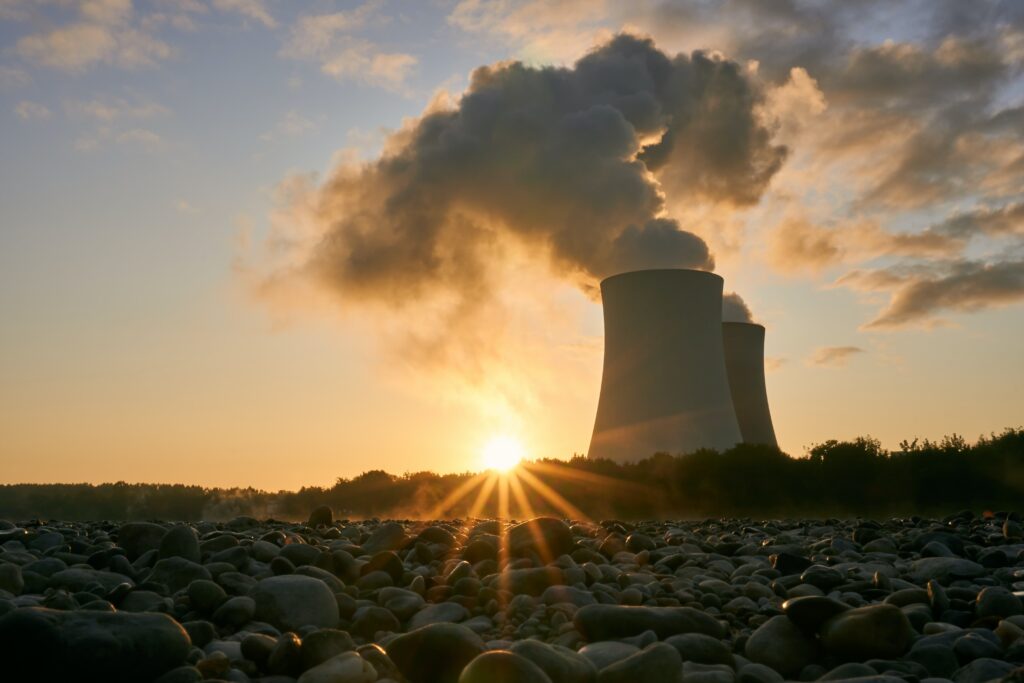

Climate Now: Apr 25, 2023
The debate about nuclear’s role in the clean energy transition
Every approach to decarbonizing the energy sector comes with its share of costs and benefits: renewables are cheap and clean, but require enormous amounts of land and are not always available when power is needed. Batteries provide useful back up power, but ad
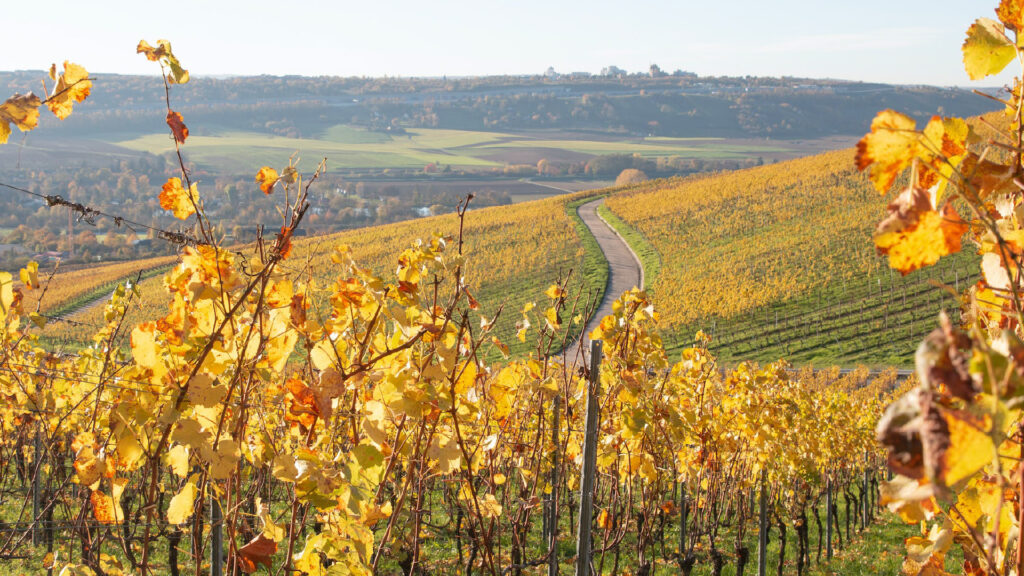

Climate Now: Apr 12, 2023
What is the future of agriculture in California?
On March 30, 2023, in partnership with the Livermore Lab Foundation and The Maddy Institute, Climate Now hosted a one day summit in Fresno, CA, examining the intersection of climate change and agriculture. Agriculture is both a leading driver of greenhouse gas
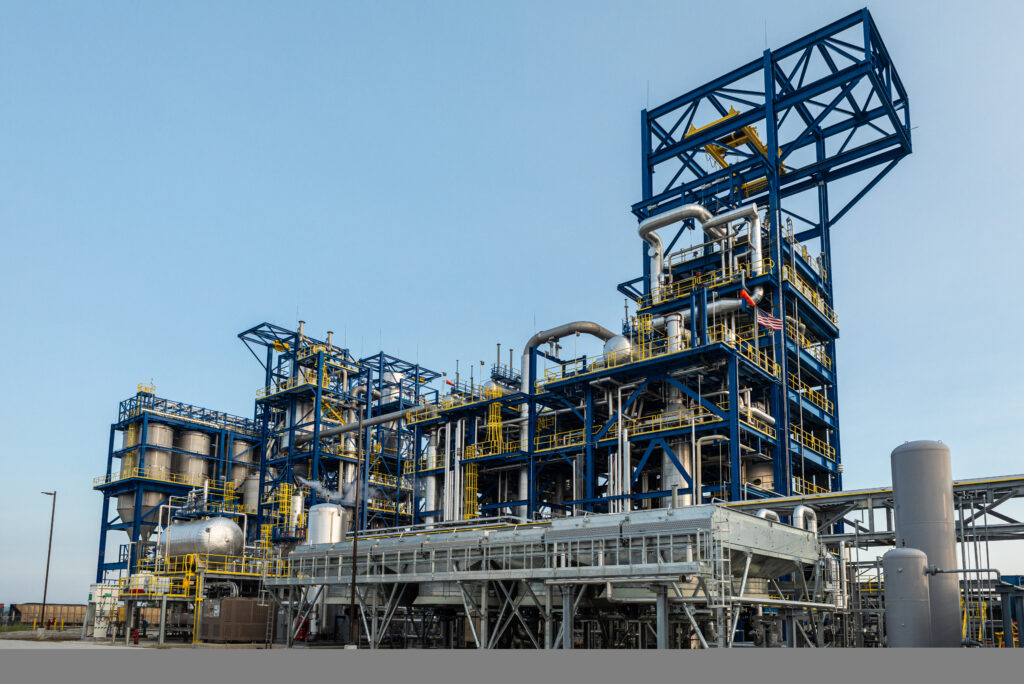

Climate Now: Apr 3, 2023
Making hydrogen and carbon black out of renewable natural gas
Renewable natural gas (RNG), made from the decomposition of organic waste like livestock manure, is not necessarily net-zero if it’s burned to run a turbine or drive a car. But what if the RNG is not burned, but is rather pyrolyzed, breaking it down in
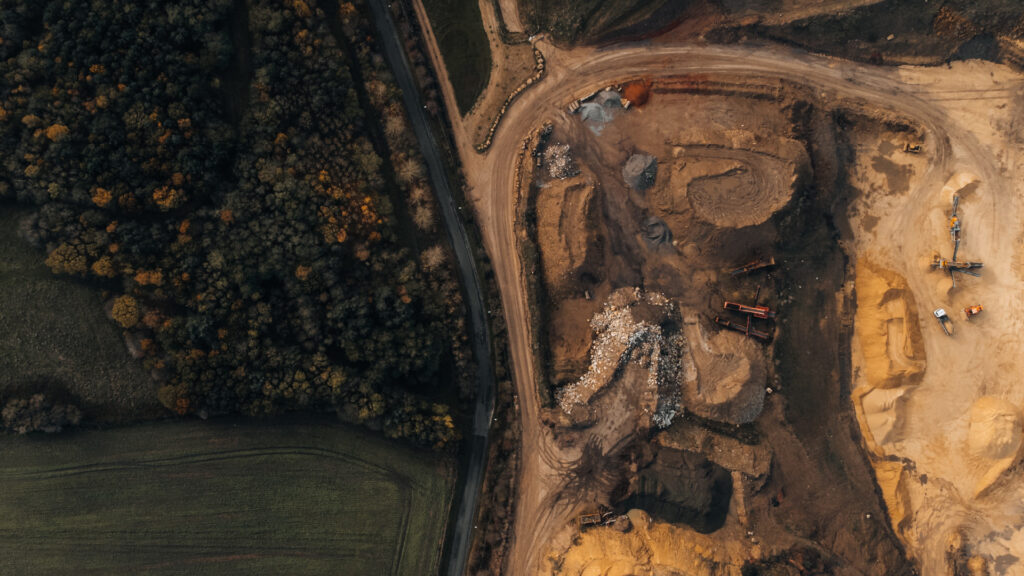

Climate Now: Mar 27, 2023
Minerals discovery and mining for the energy transition
As we transition to a clean energy economy, demand for minerals like copper, cobalt, nickel, and lithium is projected to skyrocket. According to a 2022 report from the International Energy Agency, the total mineral demand from clean energy technologies will
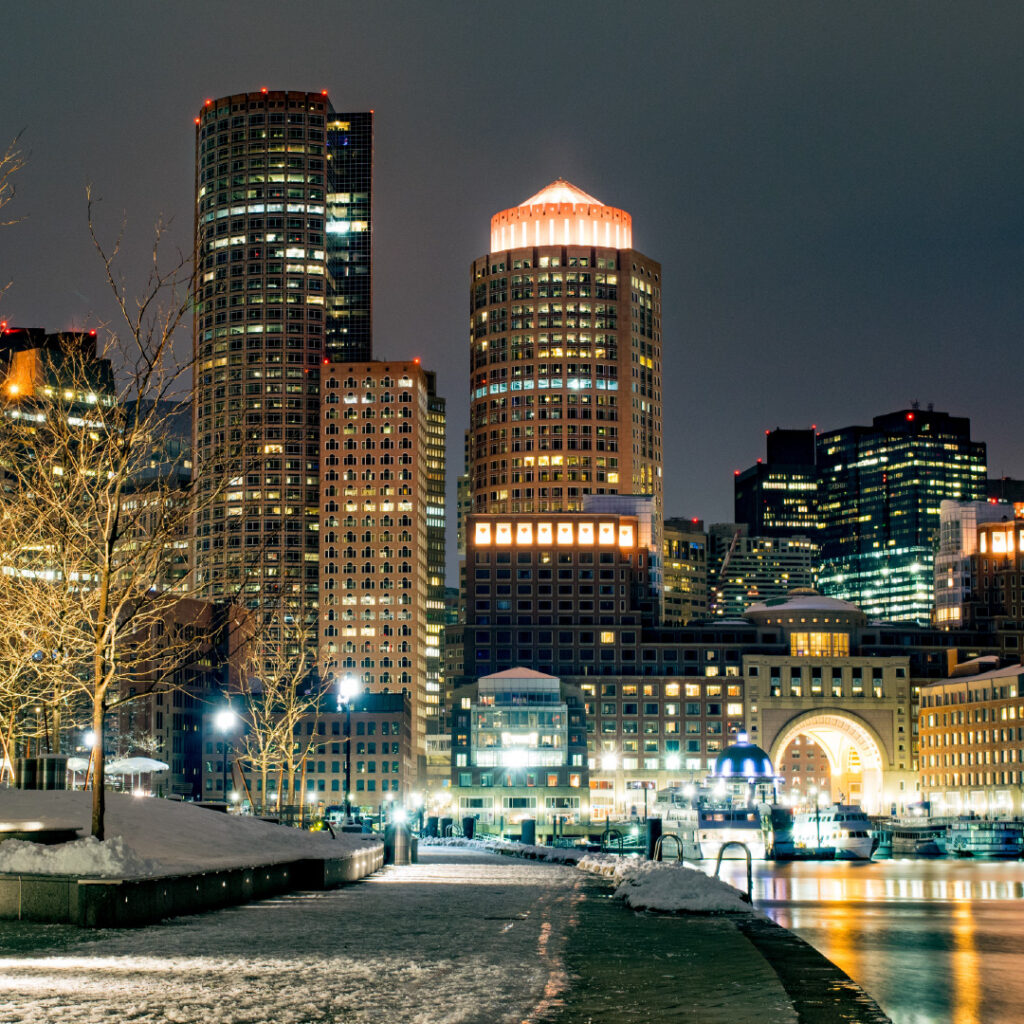

Climate Now: Mar 20, 2023
Decarbonizing a city with heat pumps and thermal energy networks
For a building owner, building decarbonization has myriad benefits: lower utility bills, lower maintenance, healthier and more comfortable living. But the barriers to reaching those benefits are large, particularly the high upfront costs and complicated renova